Elements: phytosanitary, food safety standards, best practices and system architecture, sanitary/veterinary control issues
Global agricultural markets have become increasingly complex in the past two decades, mainly because of increasing controls and standards designed to ensure food safety and prevent the spread of plant and animal diseases.
In food safety, weaknesses in national controls and in the implementation of global food regulations have led to an emergence of standards and requirements being set by the private sector, with the involvement of certification bodies and regional organizations in implementation and enforcement. FAO helps countries develop country-specific food control systems, regulations and standards that are in harmony with global food standards.
FAO addresses animal health by supporting veterinary services in the prevention and control of transboundary animal diseases, the improvement of diagnostic and laboratory capacities, and the promotion of the prudent use of antimicrobials. Antimicrobial resistance and zoonotic diseases are important cross-cutting issues. Plant health issues are covered through the development of capacities of plant protection organizations at regional and national levels. This Regional Priority Programme also helps regional bodies develop capacities in biosafety. Through this Priority Programme, regional biosafety networks will be strengthened for compliance with WTO agreements.
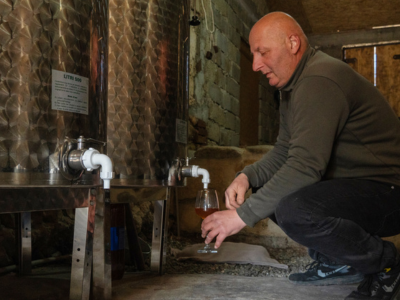
Endemic grape varieties attract agri-tourists
15/04/2025
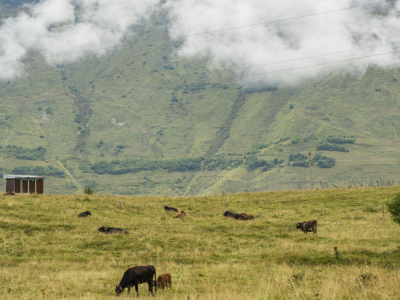
FAO takes lead coordination role for the One Health approach in Europe and Central Asia
11/04/2025
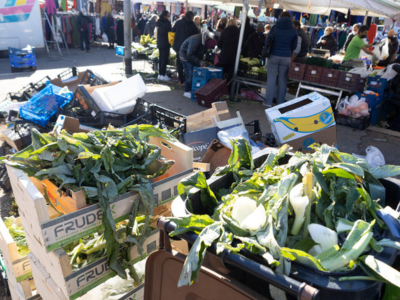
Recover and redistribute: Georgia’s cities lead food loss & waste fight
28/03/2025
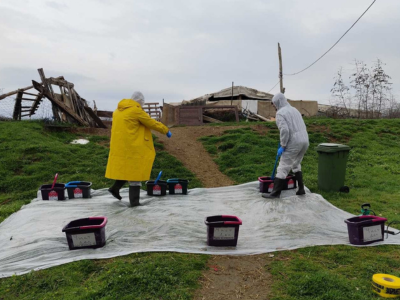
North Macedonia prepares against Peste des petits ruminants
27/03/2025
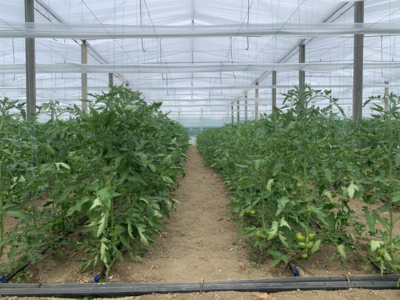
Advancing climate-smart agriculture in Albania
19/03/2025
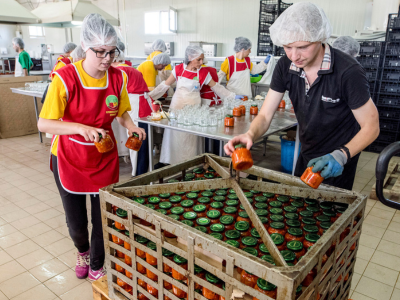
FAO and the Food and Veterinary Agency of North Macedonia promote Codex standards
06/03/2025
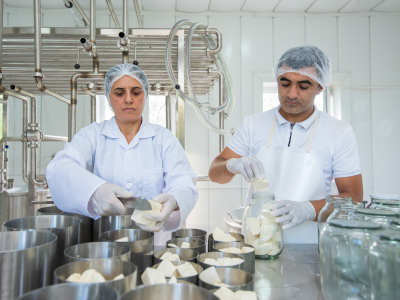
FAO and Azerbaijan partner for better health outcomes through strengthened food consumption data
27/02/2025
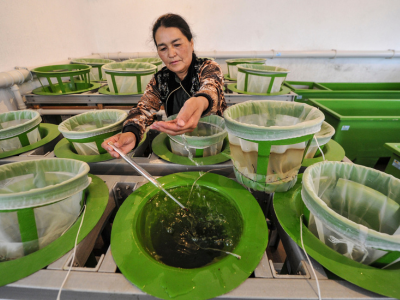
FAO assists in developing an aquaculture and fisheries workplace safety code for Central Asia and the Caucasus
26/02/2025
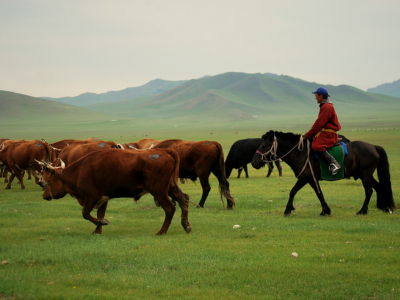
Central Asia and the Caucasus strengthen brucellosis prevention and control
04/02/2025
Brucellosis is a disease that primarily affects ruminants in many countries around the world. Due to its zoonotic nature – being transmissible from animals to humans – it often affects farm workers and rural populations. To further prevent brucellosis in Central Asia and the Caucasus, the Food and Agriculture Organization of the United Nations (FAO) has organized a three-day workshop, starting today, to assess countries’ status in the progressive control of brucellosis. The event brings together representatives from public health and veterinary authorities from Armenia, Azerbaijan, Georgia, Kazakhstan, Kyrgyzstan, Tajikistan, Turkmenistan and Uzbekistan.
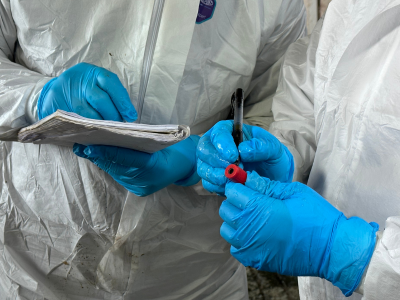
UN Quadripartite puts One Health into practice to equip experts across Europe
16/01/2025
The One Health approach emphasizes the interconnected health of humans, animals, and ecosystems. By fostering collaboration across sectors like agriculture, healthcare, and environmental management, One Health aims to tackle complex global health challenges, such as emerging diseases, through integrated solutions. In a bid to enhance national capacities and bridge gaps between sectors, the Food and Agriculture Organization of the United Nations (FAO), alongside the World Health Organization (WHO), the World Organisation for Animal Health (WOAH), and the United Nations Environment Programme (UNEP), known as the Quadripartite, launched a Russian-language version of its One Health course.
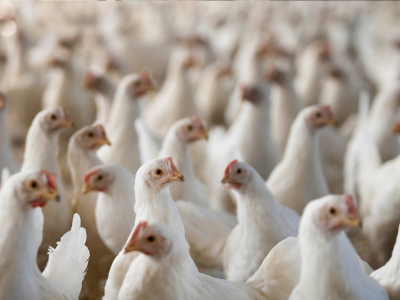
Online training by FAO enhances the preparedness of European veterinarians against avian flu
18/11/2024
Avian influenza, often referred to as bird flu, is a major transboundary disease with zoonotic potential. By 2024, more than 800 cases of human infection with avian influenza A(H5N1) virus were reported across 23 countries. The disease is present and actively spreading across Europe as well. While avian influenza viruses do not presently transmit easily between humans, continued circulation in poultry could lead to mutations that increase human-to-human transmissibility. In response, the Food and Agriculture Organization of the United Nations (FAO) is offering online training to equip European veterinarians, who are the first responders, with the skills needed to detect and react to this cross-species virus, helping to mitigate severe health impacts on both animals and people.
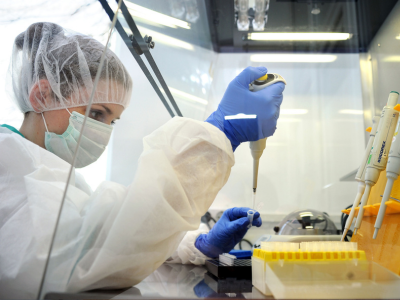
FAO and five countries combat antimicrobial resistance in the agrifood systems of Europe and Central Asia
15/11/2024
e8bd7a07-1c14-4ffe-8ae8-197709f04cb5.tmb-th600x400.jpg?Culture=en&sfvrsn=379b0028_1)
"One Health" webinar examines problems of zoonoses and offers solutions to the region
05/09/2024
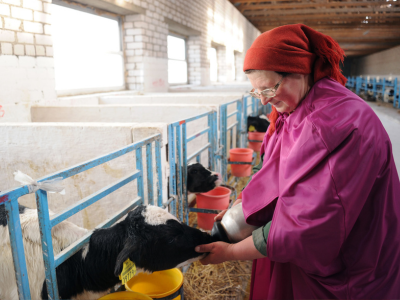
FAO surveys characterize antimicrobial use practices in the livestock sector
08/07/2024
Antimicrobial resistance (AMR) has emerged as a significant global health threat affecting humans, animals, plants, and the environment, and as such is a perfect example of a One Health issue. In an effort to combat AMR, the Food and Agriculture Organization of the United Nations (FAO) has implemented Knowledge, Attitude, and Practices (KAP) surveys aligned with the objectives in its Action Plan on AMR and the Global Action Plan on AMR. Conducted from 2020 to 2023, these surveys revealed antimicrobial use practices and awareness of AMR in the livestock sector of Albania, Armenia, Azerbaijan, Bosnia and Herzegovina, Georgia, Kosovo1, Kyrgyzstan, Montenegro, North Macedonia, Serbia, Tajikistan, and Ukraine.
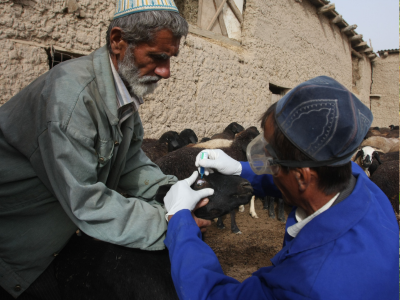
Over 900 ruminant veterinarians study strengthened farm biosecurity practices
02/07/2024
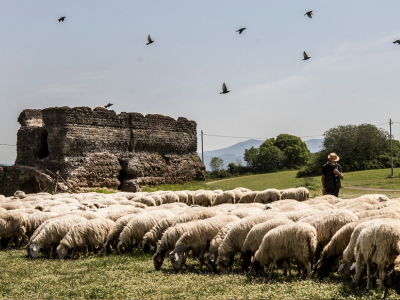
Quadripartite meeting in Vienna advances One Health in Europe and Central Asia
17/06/2024

International network plans action against invasive species in urban forests
14/06/2024
FAO and the Regional Centre for Forestry and Rural Development (REFORD) in North Macedonia hosted the annual international meeting of the Forest Invasive Species Network for Europe and Central Asia (REUFIS) from 4 to 6 June 2024 in Skopje, North Macedonia. The primary focus of this year’s meeting was the role of invasive species in urban forest planning. During this three-day event, participants explored the relationship between invasive species and urban forestry.
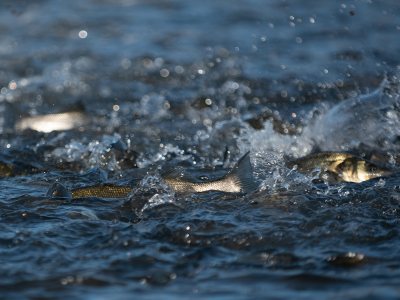
FAO helps develop action plan to control fish diseases in Kyrgyzstan
10/06/2024
Disease outbreaks severely constrain aquaculture development, and the processes for controlling diseases and managing health are different in aquaculture than in the terrestrial livestock sector, primarily due to the fluid environment. For this reason, Kyrgyzstan, with support from the Food and Agriculture Organization of the United Nations (FAO), has begun to develop a national action plan for the control of fish diseases. The project supports fish farms through the implementation of best practices in fish health management, biosafety on fish farms and the planning of production activities. This can help improve product quality and increase production volumes.
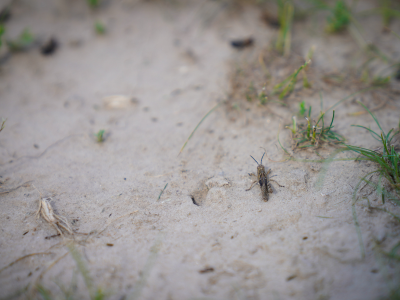
Locust control can be made more sustainable, Central Asia’s agriculture ministers say
07/06/2024
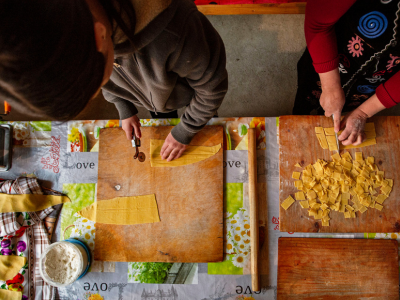
To safeguard the food supply from hazards, proactivity is key, say food industry experts in Kyrgyzstan
07/06/2024
Components
- Implementation of trade agreements to increase access to new markets
- Increased capacity to implement global standards
- Supportive policy environment for domestic agrifood markets and export promotion


